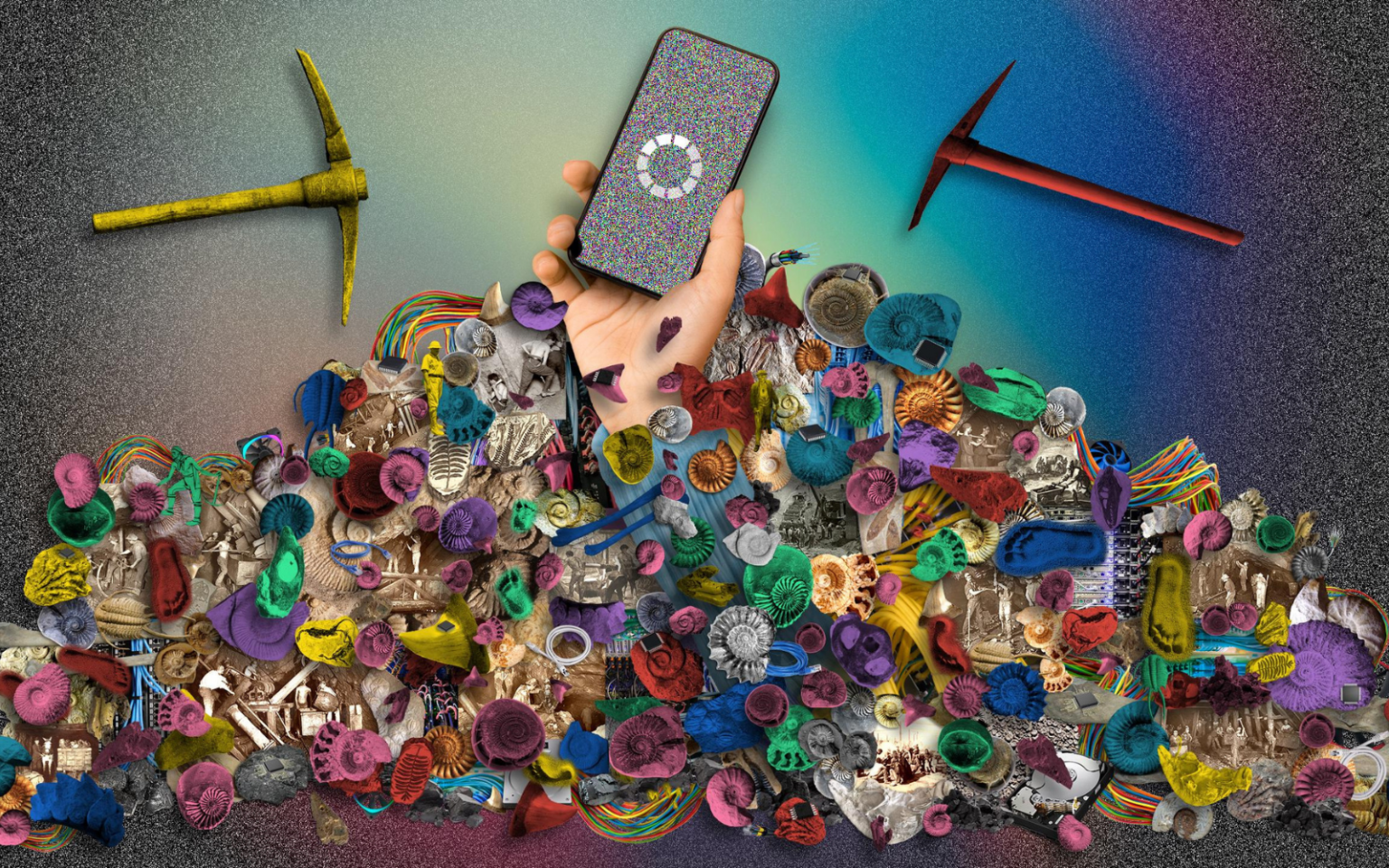Cloud computing has emerged as a crucial element in today’s technology, serving as the backbone for global connectivity. It empowers businesses, governments, and individuals to employ and construct cloud-based services and forms the foundation for a huge range of systems we use every day including telecommunications, transportation, healthcare, banking, and even streaming services. Such systems, like any hardware or software, are susceptible to failures and cyberattacks that can occur unpredictably. Cybercriminals are becoming even more determined, and their attacks increasingly sophisticated and frequent. One of the tactics these groups frequently employ are distributed denial of service (DDoS) attacks, which flood companies’ systems with…
Author: The Conversation
Elon Musk recently pronounced that the next Neuralink project will be a “Blindsight” cortical implant to restore vision: “Resolution will be low at first, like early Nintendo graphics, but ultimately may exceed normal human vision.” Unfortunately, this claim rests on the fallacy that neurons in the brain are like pixels on a screen. It’s not surprising that engineers often assume that “more pixels equals better vision.” After all, that is how monitors and phone screens work. In our newly published research, we created a computational model of human vision to simulate what sort of vision an extremely high-resolution cortical implant might provide. A movie…
A European spacecraft is about to zip by both Earth and the Moon in the space of 24 hours. In the early 2030s, the Jupiter Icy Moons Explorer (Juice) mission will be the first European probe to orbit Jupiter. But first, it needs to carry out a key manoeuvre to help set up its eventual encounter with the giant planet. Juice will fly by the Moon at 22:16 BST on August 19. It will then zip by Earth on August 20 at 22:57 BST. It’s now 16 months since Juice launched from Europe’s spaceport in French Guiana. Its flyby of Earth and the…
Scientific discovery is one of the most sophisticated human activities. First, scientists must understand the existing knowledge and identify a significant gap. Next, they must formulate a research question and design and conduct an experiment in pursuit of an answer. Then, they must analyse and interpret the results of the experiment, which may raise yet another research question. Can a process this complex be automated? Last week, Sakana AI Labs announced the creation of an “AI scientist” – an artificial intelligence system they claim can make scientific discoveries in the area of machine learning in a fully automated way. Using generative large…
Giant black holes in the centres of galaxies like our own Milky Way are known to occasionally munch on nearby stars. This leads to a dramatic and complex process as the star plunging towards the supermassive black hole is spaghettified and torn to shreds. The resulting fireworks are known as a tidal disruption event. In a new study published today in the Astrophysical Journal Letters, we have produced the most detailed simulations to date of how this process evolves over the span of a year. A black hole tearing apart a sun American astronomer Jack G. Hills and British astronomer Martin Rees first theorised about…
Brain-computer interfaces are a groundbreaking technology that can help paralyzed people regain functions they’ve lost, like moving a hand. These devices record signals from the brain and decipher the user’s intended action, bypassing damaged or degraded nerves that would normally transmit those brain signals to control muscles. Since 2006, demonstrations of brain-computer interfaces in humans have primarily focused on restoring arm and hand movements by enabling people to control computer cursors or robotic arms. Recently, researchers have begun developing speech brain-computer interfaces to restore communication for people who cannot speak. As the user attempts to talk, these brain-computer interfaces record the person’s unique brain signals…
It’s one of the most pervasive messages about technology and sleep. We’re told bright, blue light from screens prevents us from falling asleep easily. We’re told to avoid scrolling on our phones before bedtime or while in bed. We’re sold glasses to help filter out blue light. We put our phones on “night mode” to minimise exposure to blue light. But what does the science actually tell us about the impact of bright, blue light and sleep? When our group of sleep experts from Sweden, Australia and Israel compared scientific studies that directly tested this, we found the overall impact was close to meaningless.…
Back in 2010, Gary Wolf, then the editor of Wired magazine, delivered a TED talk in Cannes called “the quantified self”. It was about what he termed a “new fad” among tech enthusiasts. These early adopters were using gadgets to monitor everything from their physiological data to their mood, and even the number of nappies their children used. Wolf acknowledged that these people were outliers – tech geeks fascinated by data – but their behaviour has since permeated mainstream culture. From the smartwatches that track our steps and heart rate to the fitness bands that log sleep patterns and calories burned, these gadgets…
Two astronauts marooned in space may sound like the plot of a Hollywood blockbuster, but for two NASA crew members, it is now a reality. Commander Barry Wilmore and pilot Sunita Williams are currently in limbo on the International Space Station (ISS). They arrived in the Boeing Starliner spacecraft – the first test of the spaceship with astronauts. Wilmore and Williams were supposed to stay on the ISS for around eight days and return on the same spacecraft. But there is now debate about the safety of Starliner after it experienced helium leaks and thruster problems on its way to the ISS. In coming…
Less than two years ago, the launch of ChatGPT started a generative AI frenzy. Some said the technology would trigger a fourth industrial revolution, completely reshaping the world as we know it. In March 2023, Goldman Sachs predicted 300 million jobs would be lost or degraded due to AI. A huge shift seemed to be underway. Eighteen months later, generative AI is not transforming business. Many projects using the technology are being cancelled, such as an attempt by McDonald’s to automate drive-through ordering which went viral on TikTok after producing comical failures. Government efforts to make systems to summarise public submissions and calculate welfare entitlements have met the same fate. So…









